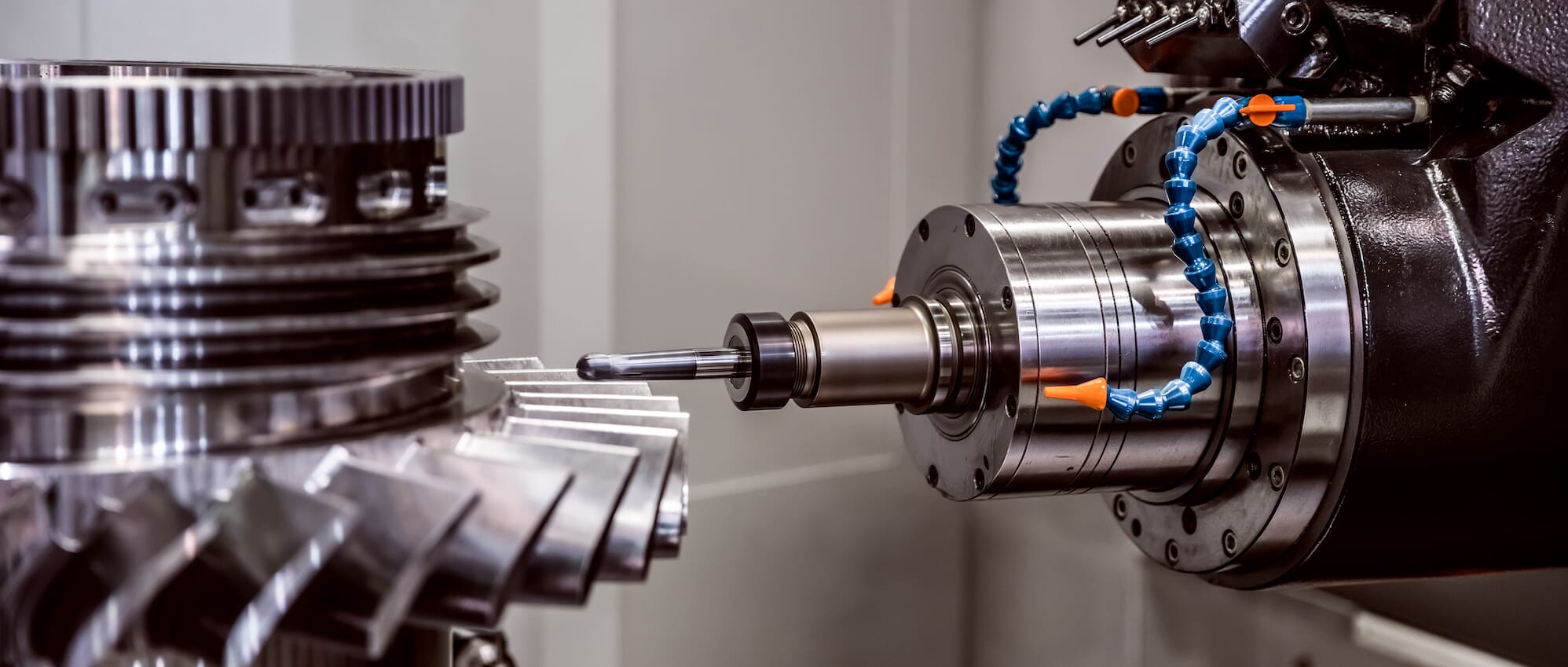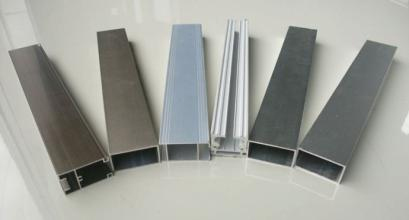The 2-Minute Rule for Alcast Company
Table of ContentsNot known Details About Alcast Company The 9-Second Trick For Alcast CompanyThe 25-Second Trick For Alcast CompanyIndicators on Alcast Company You Need To KnowNot known Details About Alcast Company The Of Alcast Company
The subtle difference depends on the chemical material. Chemical Contrast of Cast Aluminum Alloys Silicon promotes castability by decreasing the alloy's melting temperature level and boosting fluidness during casting. It plays a critical function in enabling intricate mold and mildews to be filled precisely. Furthermore, silicon adds to the alloy's strength and put on resistance, making it valuable in applications where longevity is critical, such as auto components and engine parts.It additionally boosts the machinability of the alloy, making it much easier to refine into finished items. This way, iron adds to the general workability of aluminum alloys. Copper enhances electrical conductivity, making it advantageous in electrical applications. It also boosts rust resistance and adds to the alloy's overall toughness.
Manganese adds to the toughness of light weight aluminum alloys and boosts workability. Magnesium is a lightweight component that provides stamina and impact resistance to aluminum alloys.
Some Of Alcast Company
Zinc improves the castability of light weight aluminum alloys and helps manage the solidification process throughout spreading. It enhances the alloy's stamina and hardness.

The primary thermal conductivity, tensile stamina, yield stamina, and elongation differ. Select ideal basic materials according to the efficiency of the target item produced. Among the above alloys, A356 has the highest thermal conductivity, and A380 and ADC12 have the lowest. The tensile restriction is the contrary. A360 has the most effective return toughness and the greatest elongation rate.
Facts About Alcast Company Revealed

In precision spreading, 6063 is appropriate for applications where detailed geometries and premium surface area finishes are critical. Instances include telecommunication enclosures, where the alloy's exceptional formability enables sleek and visually pleasing styles while keeping architectural integrity. Similarly, in the Illumination Solutions sector, precision-cast 6063 parts create stylish and effective lighting components that require complex shapes and good thermal performance.
The A360 shows remarkable elongation, making it optimal for complicated and thin-walled components. In accuracy casting applications, A360 is appropriate for industries such as Customer Electronics, Telecommunication, and Power Tools.
The Alcast Company Diaries
Its unique properties make A360 a valuable choice for precision casting in these markets, improving product sturdiness and high quality. Foundry. Aluminum alloy 380, or A380, is a widely used casting alloy with several distinctive features.
In accuracy spreading, light weight aluminum 413 radiates in the Consumer Electronics and Power Tools industries. It's commonly used to craft intricate components like smart device real estates, electronic camera bodies, and power device cases. Its accuracy is exceptional, with tight tolerances approximately 0.01 mm, making certain remarkable item assembly. This alloy's exceptional corrosion resistance makes it an outstanding option for outside applications, guaranteeing lasting, durable items in the discussed industries.
The Alcast Company PDFs
The aluminum alloy you pick will significantly impact both the casting procedure and the residential or commercial properties of the final product. Since of this, you need to make your choice meticulously and take an informed method.
Figuring out one of the most ideal light weight aluminum alloy for your application will certainly indicate considering a wide selection of features. These relative alloy features follow the North American Die Spreading Organization's standards, and we have actually separated them right into 2 groups. The initial group addresses alloy characteristics that impact the manufacturing process. The second covers characteristics affecting the buildings of the last item.
The 8-Second Trick For Alcast Company
The alloy you pick for die casting straight affects numerous aspects of the spreading process, like exactly how easy the alloy is to function with and if it is prone to casting issues. Hot breaking, additionally called solidification cracking, is a normal die casting issue for light weight aluminum alloys that can result in inner or surface-level rips or cracks.
Specific aluminum alloys are a lot more vulnerable to warm cracking than others, and your selection must consider this. An additional common problem located in the die spreading of light weight aluminum is die soldering, which is when the actors sticks to the die walls and makes ejection tough. It can harm both the actors and the die, so you need to look for alloys with high anti-soldering residential or commercial properties.
Rust resistance, which is currently a notable characteristic of light weight aluminum, can vary significantly from alloy to alloy and is an essential characteristic to think about depending why not look here on the environmental conditions your product will certainly be revealed to (aluminum foundry). Wear resistance is one more building frequently sought in aluminum products and can set apart some alloys